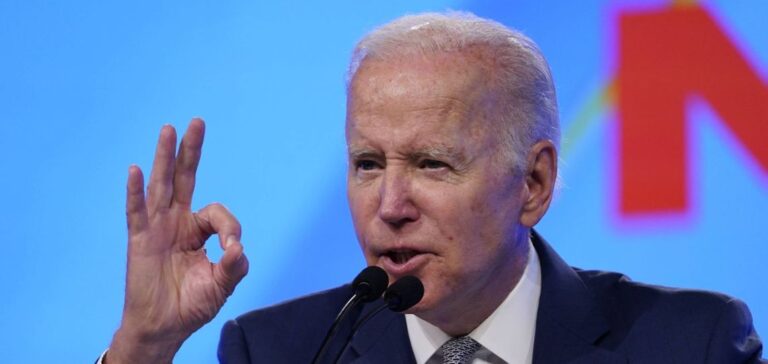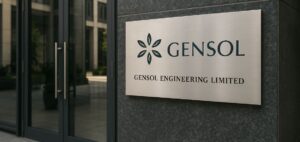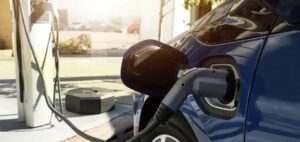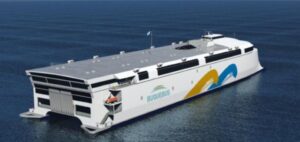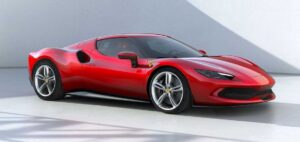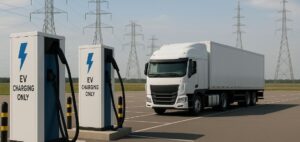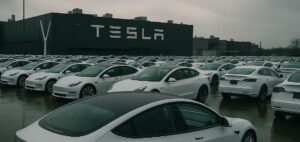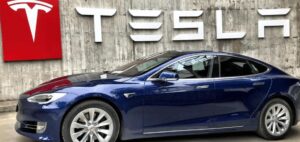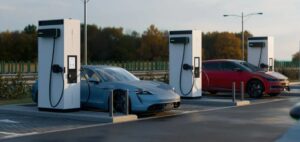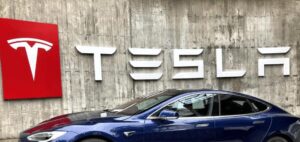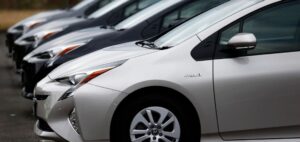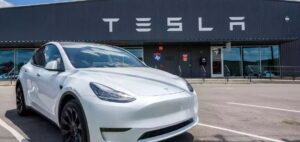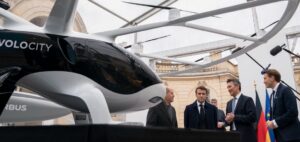The U.S. Department of Energy (DOE) recently announced a $1.7 billion investment to convert 11 automotive assembly plants in eight states: Michigan, Ohio, Pennsylvania, Georgia, Illinois, Indiana, Maryland and Virginia. This initiative aims to reorient these facilities towards the manufacture of electric vehicles (EVs) and their supply chain. The program is part of President Biden’s “Invest in America” agenda, which aims to revitalize manufacturing communities and create quality jobs. This investment follows new tax rules for electric vehicles, aimed at boosting the US EV industry.
The plants selected for this program will cover a wide range of the EV supply chain in the USA. This includes the manufacture of parts for electric motorcycles, school buses, batteries for commercial trucks, and electric SUVs. This massive investment complements the $177 billion already invested by the private sector in EV and battery manufacturing, driven by the Biden administration’s economic agenda.
Economic impact and job creation
The funds allocated by the DOE are mainly aimed at modernizing existing infrastructures, thus helping to maintain and create well-paid unionized jobs. Energy Secretary Jennifer M. Granholm stressed the importance of this support for traditional manufacturing communities. These subsidies will help maintain the competitiveness of the American automotive industry in the face of international competition, and keep jobs in the regions that have historically supported this sector.
The conversion subsidy program for automotive manufacturing will also help strengthen domestic supply chains. This will reduce dependence on foreign suppliers and ensure more stable and resilient production of essential EV components. The modernized plants will produce a wide range of parts, from hybrids and battery components to electric propulsion systems.
Industrial Capacity Building
The subsidy program also aims to catalyze the expansion of industrial capacity needed to meet medium- and long-term electric vehicle production targets. By supporting domestic production of hybrid, plug-in hybrid, electric and hydrogen fuel cell vehicles, the DOE seeks to establish a robust industrial base for decades to come. The projects funded will help diversify production and encourage technological innovation in the automotive sector.
The selected plants will benefit from technological upgrades and production process improvements, which will increase their efficiency and production capacity. These improvements will enable companies to meet the growing demand for electric vehicles, while reducing production costs and increasing profitability. In addition, investment in training and skills development for workers will ensure that the workforce is well prepared for new technologies and production processes.
Negotiations and Selection Process
Grant selections are currently under negotiation to ensure that commitments to workers and communities are met. DOE will also complete environmental reviews to ensure that projects meet clean and environmentally responsible manufacturing standards. If negotiations are successful, the selected projects could create more than 2,900 new high-quality jobs and help maintain more than 15,000 highly-skilled unionized workers at the eleven facilities.
Implementing these projects will require close collaboration between DOE, the selected companies and local unions. This collaborative approach aims to maximize economic benefits for local communities and ensure a smooth transition to new EV production technologies. The selected companies will also have to demonstrate their ability to meet the production targets and deadlines agreed as part of the subsidy negotiations.
By funding the conversion of U.S. factories to electric vehicle production sites, the U.S. Department of Energy aims to boost the competitiveness of the domestic automotive industry, create thousands of well-paying jobs and support domestic supply chains. This strategic investment, part of President Biden’s “Invest in America” agenda, marks an important step towards revitalizing manufacturing communities and establishing a solid industrial base for the future of electric vehicles.

